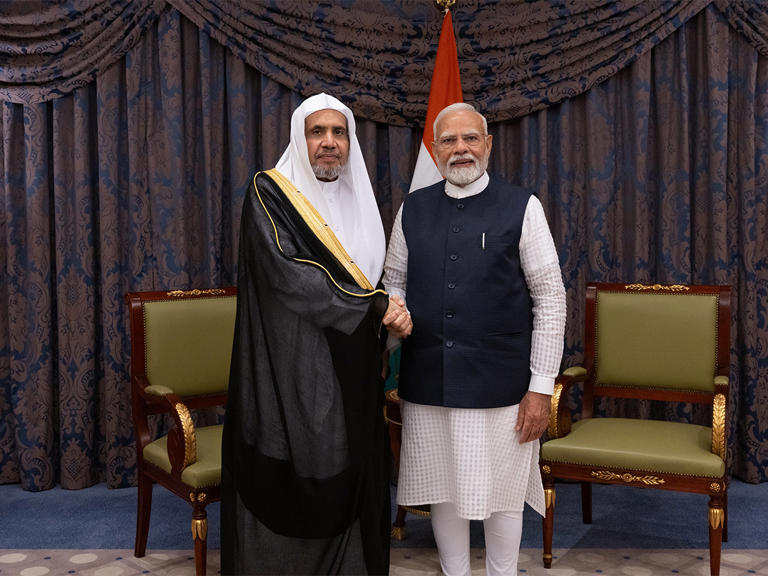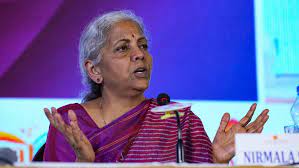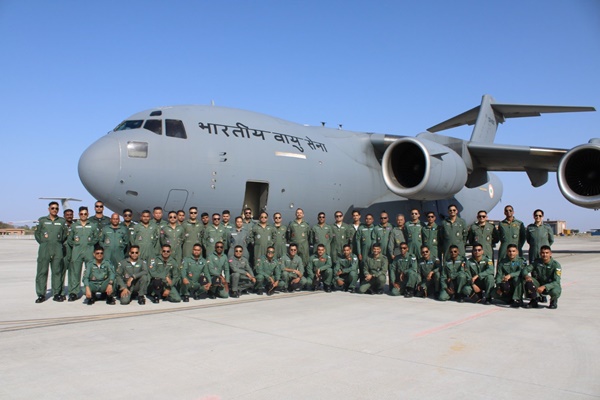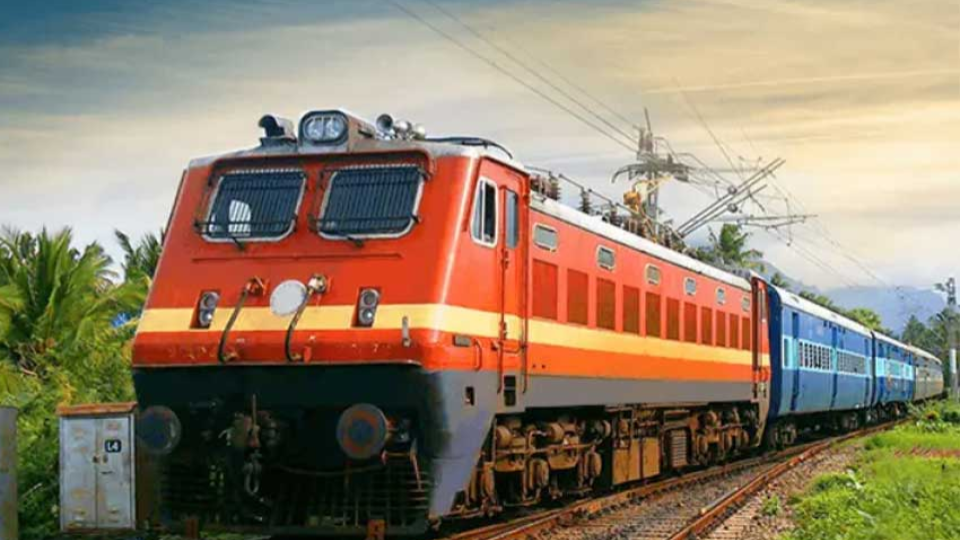First glimpse of reforms
Sat 07 Jun 2014
.jpg)
With Narendra Modi-led NDA government assuming charge at the Centre, a new wave and generation of energy is being noticed. Apart from the fact BJP-led NDA stormed to power at the Centre with absolute majority, the change can also be seen mainly due to Modi’s style of functioning. The glimpse of this new wave was noticed for the first time when Modi presented a new example by inviting the leaders of SAARC countries during his oath-taking ceremony. By doing this, Modi also sent a message to the rest of the world that he wants to prioritize on improving ties with the immediate neighbouring countries. That way, Modi tried to gain trust in the international community as well. In spite of possible opposition, he invited Pakistan Prime Minister Nawaz Sharif and Sri Lanka President Mahinda Rajapaksa and this in turn sent another message that in the context of improving ties, the scope of narrow minded politics playing any role at domestic level is quite limited. Everyone hailed the move to invite Pakistan Prime Minister and leaders of other nations. The decision also shattered several conceptions that were developing against Modi regarding his stance against the immediate neighbours. While he tried to make the neighbours believe that he is with them, the BJP strongman, at the same time also told the world community that India favours peace and stability. In the contemporary era, the biggest determinant of peace for any nation is if it is in good terms with its neighbours.
Apart from stressing on improving relations with the neighbouring nations, the new government should also focus on increasing security along borders. Regarding border security set-up as well, Modi government will have to work in an all-new perspective as due to certain policy paralysis, the morale of defence services is not in a great shape. The nation can’t afford to overlook the threat it faces from China and Pakistan as well. It won’t be appropriate to the process of procuring new defence equipments comes to a halt or a major chunk of the defence budget gets eaten up by previous deals. The new government needs to prepare its priorities from a whole new perspective, especially taking this very point of view into consideration that India’s armed forces still belongs to the old school camp and the present era is not the era of conventional war-fares but of cyber war and technological prowess. If modernization in defence is brought in proper time-frame, it would also strengthen the nation’s might along the border. For all the three wings of the defence - Army, Navy and Air Force-it’s quite important to mould itself according to the requirements and also bring the fundamental changes and stay prepared to bring the new technologies into application.
Modi government faces dual challenge to strengthen the internal security and external security apparatus. Along with that, the government should also focus on bringing in police reforms. It needs to be mentioned that the Supreme Court had issued directives in this regard since a long time back but nothing has been done yet on the surface level. Though it’s mandatory for the states to follow these directives, the Central government will also have to come up with such a rule that the states can’t do with their whims when it comes to police reforms. It’s necessary
that along with increasing the strength of the personnel, emphasis is also given on enhancing their work-efficiencies. There is also a demand that the Central government comes up with such a structure under which the police as well as intelligence agencies work in tandem. There should be a proper synchronization between the police and intelligence agencies to deal with the challenges being faced on internal security front. This necessity needs to be understood by the states.
that along with increasing the strength of the personnel, emphasis is also given on enhancing their work-efficiencies. There is also a demand that the Central government comes up with such a structure under which the police as well as intelligence agencies work in tandem. There should be a proper synchronization between the police and intelligence agencies to deal with the challenges being faced on internal security front. This necessity needs to be understood by the states.
The Prime Minister and his team also face the challenge to breathe-in a new lease of life in the sagging economy and resurrect the business environment. The extent of dilapidated condition of economy during United Progressive Alliance (UPA) tenure came to the fore when it was revealed that the growth rate remained at a disappointing figure of 4.7 percent. The sluggish growth rate and current account deficit brought the economy to such a position that certain big steps will have to be taken in order to bring reforms. If cut in subsidies are brought into effect, the people will have to understand that economy suffered a massive blow of sorts mainly due to compensation policies. The BJP will also have to ensure that the amount, which would be spent in programmes like MNREGA, would be used in developing infrastructure as well. The new government will also have to make it clear about the shortcomings in the Congress policies which caused loss. The economic thought of Congress was based on the fact that the poor were made to be felt about their poverty so that they remain dependent on government subsidies and compensations. The real challenge for BJP lies in pulling the people out of this dependency and making them self-reliant. The job won’t be easy and it would be possible only when there would be generation of employment on the large scale. This can happen only when the process of industrial development would be given a big-time fillip and the government will have to focus on planned. Today, every city – small or big, is not only facing the problem of basic amenities but the level of pollution is also quite alarming. The way Modi vowed to clean Ganga, something similar should be done in the context of other rivers as well. After chalking out concrete polices of river cleansing, the government needs to go into the core of reasons behind the haphazard urbanization.
In order to attain success in all fronts, it’s necessary that the new government changes its modus operandi. The way Modi had an unofficial talk with the secretaries of several ministries prior to formation of government and enquired about the programmes of UPA gives a glimpse towards his viewpoint on the functioning of government. Modi has asked the senior bureaucrats and ministers to frame agendas and decide their priorities which include farmers, education, drinking water and several other areas. Certainly the administration seems to be getting active. It’s clear that the Prime Minister is determined to make the administration active in order to address problems being faced by the people. Modi has already given hints that certain areas like education, health, road and electricity-related machineries need to be improved. His pace of functioning along with priorities can rekindle the belief of people in bureaucrats and also make the countrymen feel about the good days ahead.
No Comments For This Post, Be first to write a Comment.
Most viewed from Specials
Most viewed from World
AIMIM News
Latest Urdu News
Most Viewed
May 26, 2020
Do you think Canada-India relations will improve under New PM Mark Carney?
Latest Videos View All
Like Us
Home
About Us
Advertise With Us
All Polls
Epaper Archives
Privacy Policy
Contact Us
Download Etemaad App
© 2025 Etemaad Daily News, All Rights Reserved.













.jpg)
.jpg)
.jpg)
.jpg)

.jpg)
.jpg)
.jpg)
.jpg)
.jpg)
.jpg)
.jpg)

















